Thousands of Iraqis and Syrians have recently flown to Belarus, lured by a “tourist” package promising them an illegal but easy crossing into the European Union. When they realized that the Polish border was sealed, it was too late — Belarusian soldiers would not let them back in. InfoMigrants reports.
Youssef crossed one of the most heavily guarded borders in the world blindly, walking through difficult forest terrain and marshlands by clinging onto the handle of his friends’s backpack. He didn’t see much of the dense coniferous woods that stretch along the border between Belarus and Poland. A savage beating from a Belarusian soldier left the Syrian migrant’s face so swollen that he couldn’t open his eyes enough to distinguish day from night.
When InfoMigrants met him on November 9 in the Polish town of Białystok, about ten days after his crossing, the swelling had gone down but Youssef’s face was still bruised. His blood-injected eyes were still surrounded by circles of dark purple colours, with bruises turning yellowish all the way down to his jaw.
“After we crossed the border, I completely lost sense of time. My friends told me we spent three days in the forest on the Polish side. I only remember my friend’s voice, asking me if I was OK, and me replying ‘I’m fine, keep walking’. People were whispering around me, I felt like I had hallucinations,” recalled Youssef.
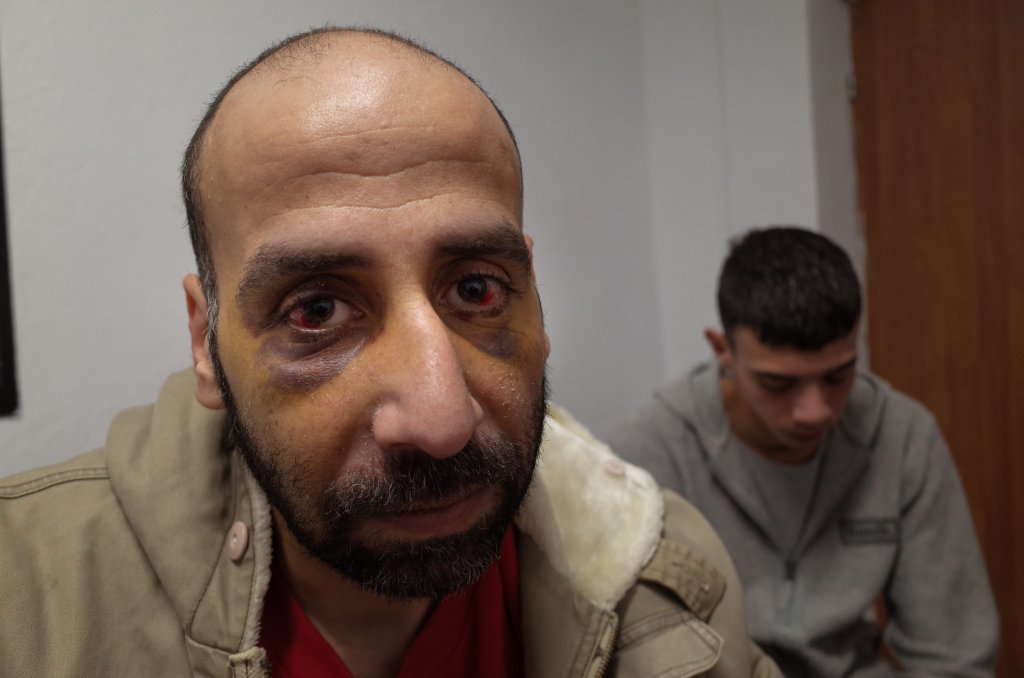
His group of four had only two 1.5 liter bottles that they regularly filled up from water puddles, using kleenex tissue as filters. “I was weak and dehydrated because it was too painful to eat and drink. Everytime we took a pause, I fainted,” said the 37-year-old man from Damascus.
After three days of wandering, the exhausted group decided to come out of the woods. As they walked alongside a road, they were quickly arrested by Polish border guards. Impressed by Youssef’s facial injuries, the Polish guards sent him to hospital, where he received medical care for a broken nose, jaw, and teeths, before getting six months of “emergency protection” in Poland.
But the three friends he travelled with were immediately pushed back to the Belarus side, where up to 2,000 migrants are now camped out right next to the fence marking the border with Poland.
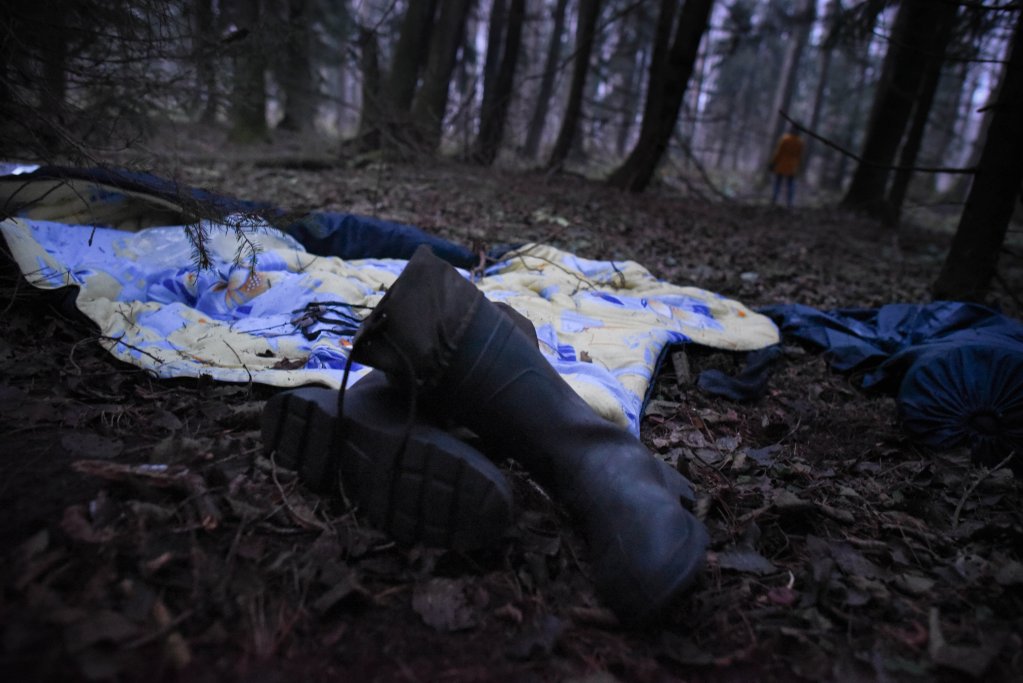
Footage of people mostly from Syria and Iraqi Kurdistan stuck in freezing conditions, camping in front of barbed wires and heavily-armed Polish soldiers, have been widely shared by Belarusian media in what European Union officials described as “hybrid warfare” against the 27-nation bloc. It’s called hybrid because it combines a media campaign aimed at stoking internal EU tensions over migration and asylum policies, as well as ground military actions in which Belarusian soldiers orchestrate regular mass breakings of the Polish border.
It’s not the first time that migrant flows have been used to put political pressure on a European country. Recent examples include Turkey on the Greek border in March 2020, and Morocco on the Spanish border in May 2021.
But, after talking to several asylum seekers who managed to cross into Poland, InfoMigrants found that the Belarusian government has weaponized migrants to an unprecedented level. Minsk lured people from the Middle East to a place that has never been on any migration route, and made sure they would not be allowed to go back easily to their country.
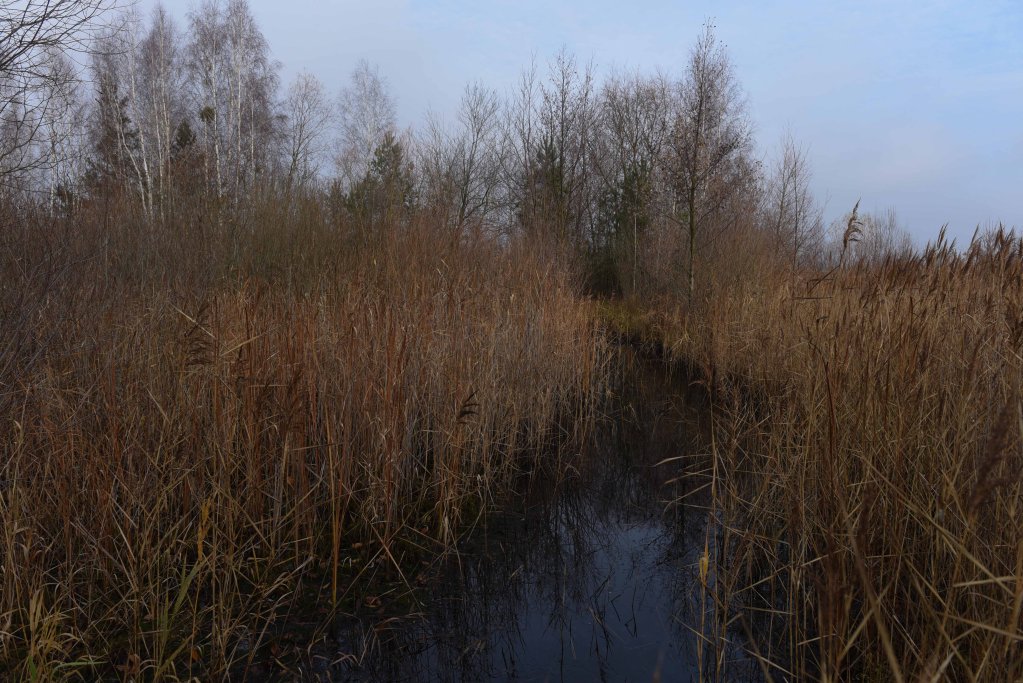
When he tries to recollect the memories of his beating on the Belarusian side, Youssef remembers only the first blow. He and his friends were kneeling with their hands behind their heads, as instructed by the Belarusian soldiers who stopped them near the border fence, when he suddenly received a kick in the face. The blow took him completely by surprise and he immediately blacked out. His friends told him afterwards that the border guard kept on savagely kicking him with full force in the face.
“At this moment we decided we didn’t want to go on. We asked the Belarus soldiers if we could we go back to our country. They replied, ‘now you go to Poland and then you can go back to your country,'” said Youssef. His group was transported in a military truck to an unspecified location on the Belarus-Poland frontier. “My friends told me the Belarusian border guards lifted the border fence and said ‘go!’. Then Youssef grabbed his friend’s backpack handle and began his blind journey into Europe.
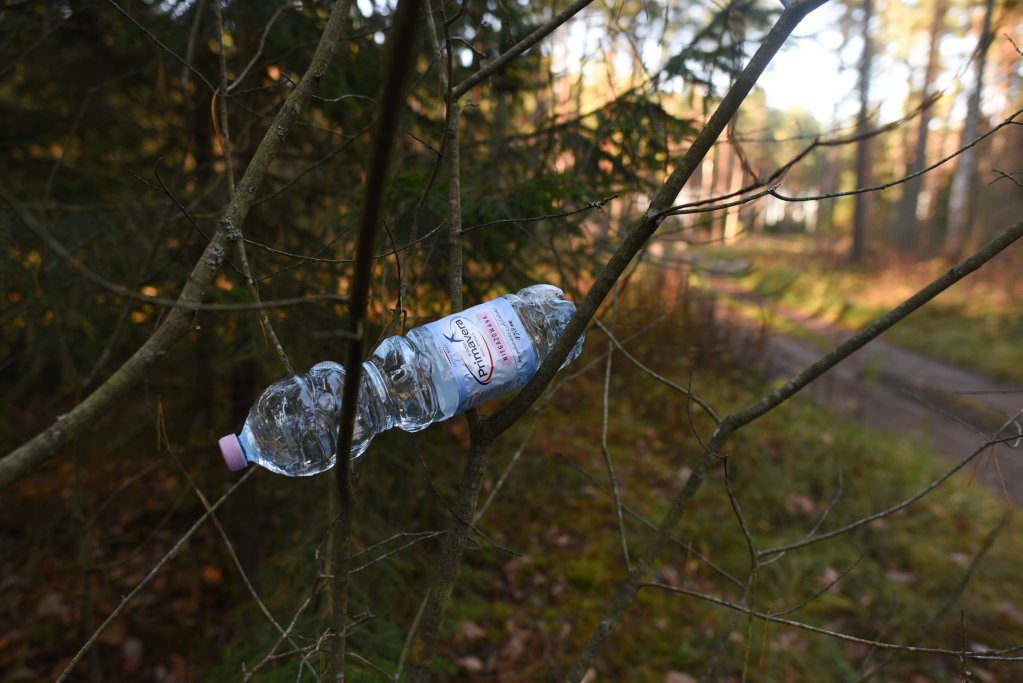
Thaer didn’t have to endure such a traumatic crossing. The 27-year-old Syrian was also beaten by Belarusian border guards in the thorax but he recovered quickly and, contrary to Youssef, he sometimes smiled when he recalled the most surrealist moments of his border crossing. Outside of Belarus, it’s not often that a migrant sees a fair skinned man, with steel blue eyes visible under his balaclava, using a barbed wire cutter to force his way into a European border.
“They had walkies-talkies, it was clear that they were Belarusian soldiers who had changed into civilian clothes. They knew the timing of Polish patrols on the other side (…) The only thing they said was “go to Poland!”, Thaer told InfoMigrants. He said that on one occasion, after they were pushed back by Polish border guards, Belarusian soldiers formed a new group of dozens of migrants and drove them to the Lithuanian border.
“We didn’t know where we were being taken. We only realized it was Lithuania when the signal changed on our mobile phone,” said Thaer. Lithuanian soldiers quickly spotted his group. The Lithuanian guards beat them with electric stricks, robbed them and eventually pushed them back to the no man’s land between the two countries.
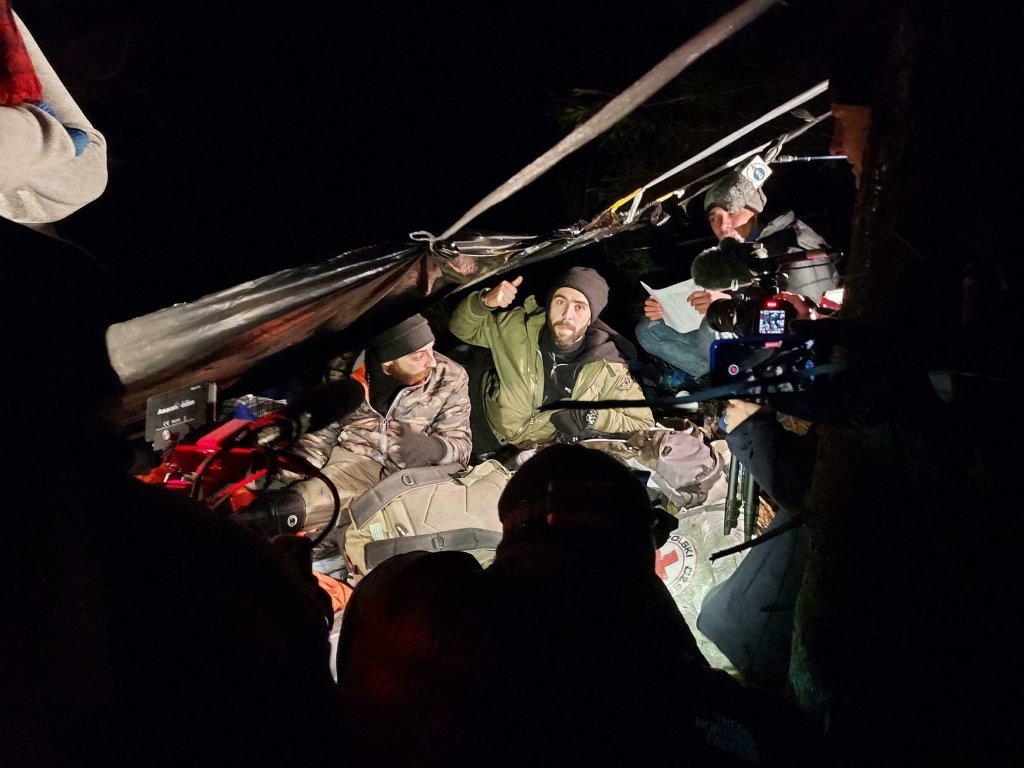
Photo: Romain Lemaresquier / RFI
Thaer then decided to go back to Minsk to rest and buy some winter clothes and camping equipment. He was keenly aware that Belarusian soldiers would do everything to prevent him from leaving the border area towards Minsk. That’s why he took extra security measures to avoid being spotted as he crossed back from the no man’s land into Belarusian territory.
“I thought there were sensors on the Belarus border fence, so I hit it and hid for two hours in the no man’s land to see if any guard would come. When nobody came, I crossed back into Belarus by carefully walking backwards. I had noticed that Belarusian border guards regularly smooth out some sand with a rake on their side of the border to check for footprints. I was worried they would chase migrants leaving the area”, Thaer told InfoMigrants.
He came back on his own to the border area several days later, with proper hiking boots and a sleeping bag, to retry to cross into Poland. This time, there was no hiding in the dark nor walking backwards. When Belarusian soldiers cut the border fence, his group rushed as fast as they could into the forest.
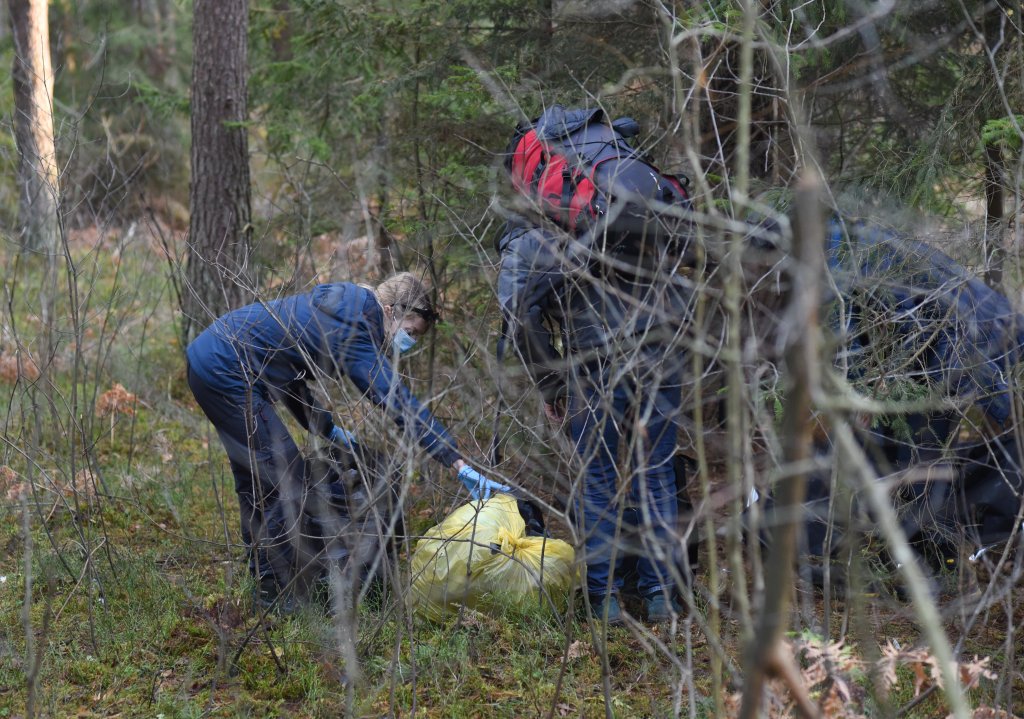
It was in a thick patch of wood outside of the Polish village of Szymki, about five kilometers from the Belarus border, that InfoMigrants came across two Syrian women. Shirin (not her real name) was highly distressed, jumping at any small noise in the forest, as she told activists from the Ocalenie Foundation, a Polish aid group, that she suffered from strong stomach pains and heavy vaginal bleeding.
“I had pregnancy symptoms and I’m afraid I’ve lost the baby,” said Shirin. She was litteraly terrified of being caught by Polish border guards and declined a doctor’s offer to take her to the hospital. Several medical and activist sources have indeed confirmed that some migrants who were taken to hospital had been pushed back after being treated.
“We don’t want to be sent back to Belarus! We stayed there for three consecutive days in a camp without food or water before the Belarusian soldiers took us into Poland. Then we have spent two more days in the forest on the Polish side. We were told [crossing into the EU] would be easy, but all we found were lies, lies, lies!”, Shirin told InfoMigrants.
After asking for dry socks, painkillers medicines, food and water supplies, the two women headed back to their hiding spot deeper into the forest, making sure that nobody followed them. Their group of 13 people, including children, vowed to continue until they figured out a way to reach Germany, where they wanted to claim asylum.
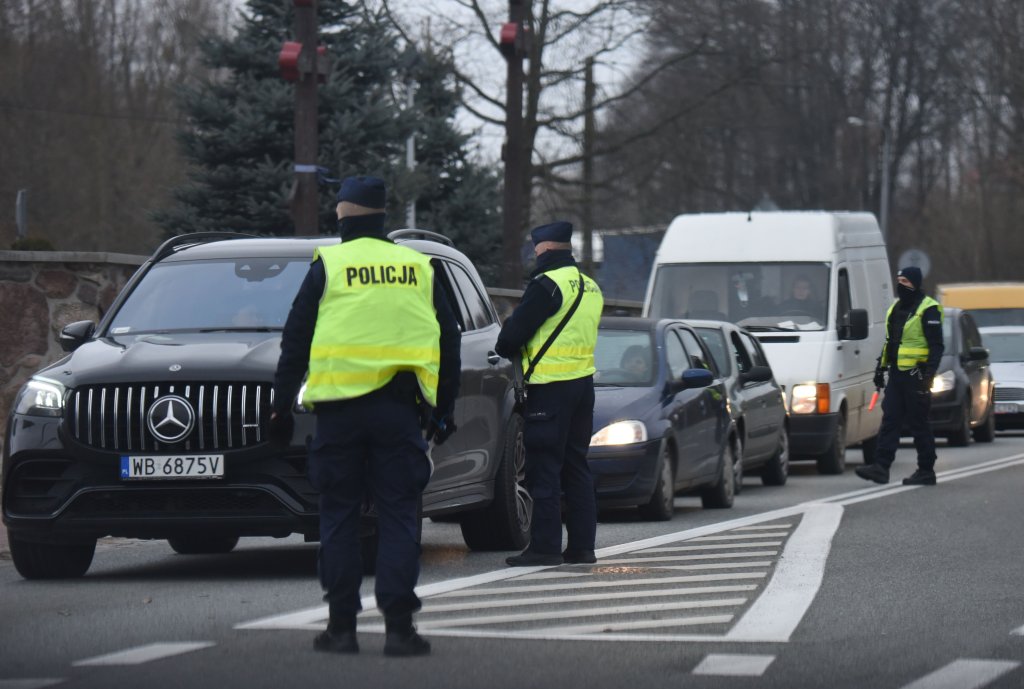
As the InfoMigrants team drove around the area, we saw several military trucks, border guards jeeps, and even soldiers on quads. At checkpoints, police carefully searched vehicles heading westwards in a bid to deter people traffickers. The chances of Shirin and her group of getting through this massive security deployment appear very slim.
As temperatures now routinely drop below freezing, the trapping of thousands of people in the Belarus-Poland border region is turning into a humanitarian disaster. At least ten migrants have died so far, but medical sources believe the death toll is underestimated.
“I think the real number of death is much higher. We get information from activists that more people have died on the Belarusian side”, Małgorzata Nowosad, a spokesperson for Medicy na granicy, a collective of doctors active on Poland’s eastern border, told InfoMigrants. “If people don’t get help, they will die.”
Stay connected with us on social media platform for instant update click here to join our Twitter, & Facebook
We are now on Telegram. Click here to join our channel (@TechiUpdate) and stay updated with the latest Technology headlines.
For all the latest Health News Click Here
For the latest news and updates, follow us on Google News.
